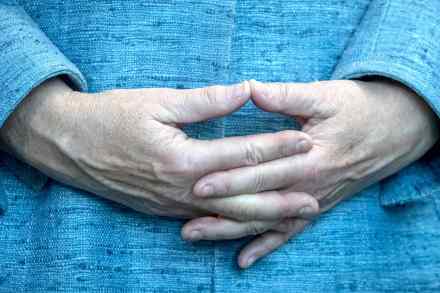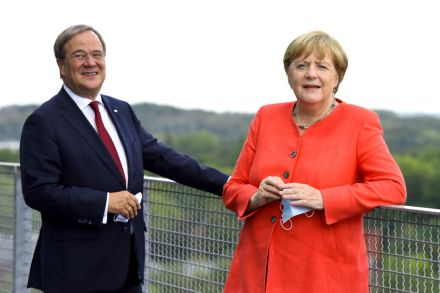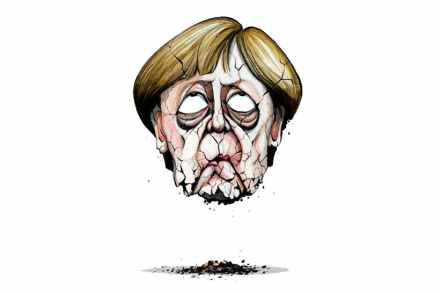Who will succeed Merkel?
The results of the German election have shifted somewhat since last night’s exit poll. What we know for sure is that a red-red-green coalition — between the centre-left SPD, far-left Die Linke and the Greens — is short of a majority, which is contrary to what every single opinion poll projected in the last few weeks That is the single biggest news from the German elections. It deprives SPD leader Olaf Scholz of what he would have needed to force the free-market liberals of the FDP and Greens into a coalition, also known as the traffic light coalition. A coalition involving Die Linke could have been leveraged to sharpen minds,








